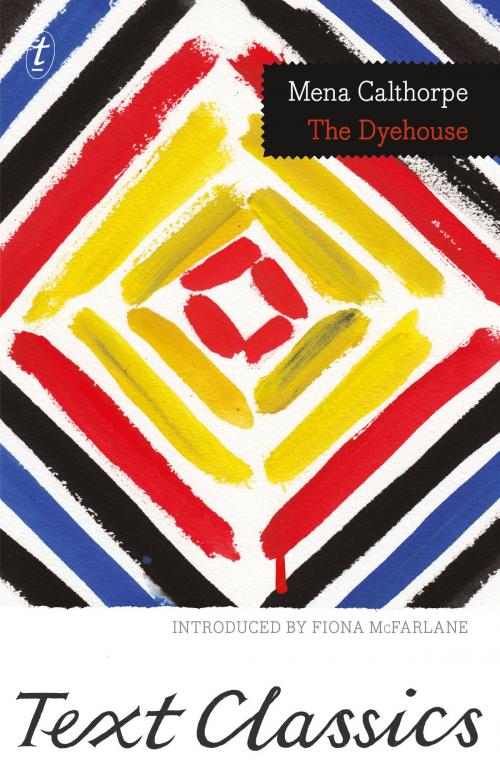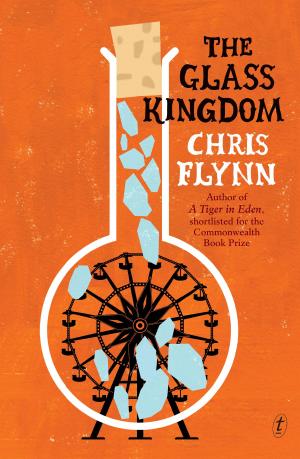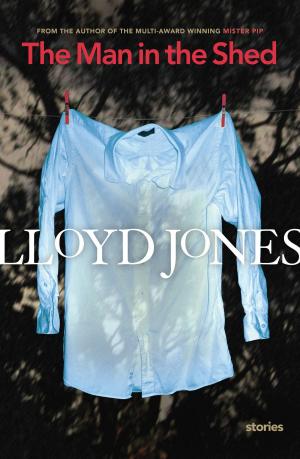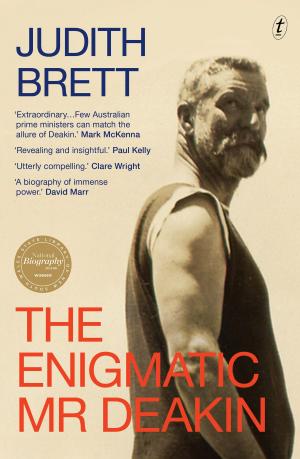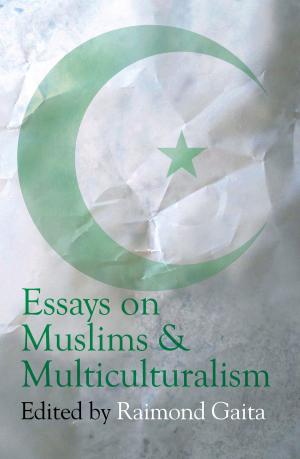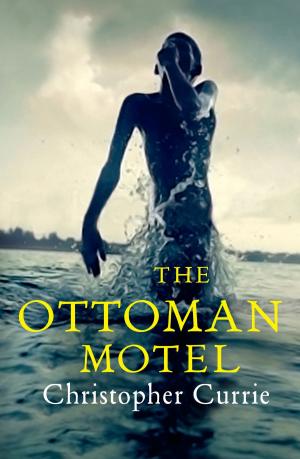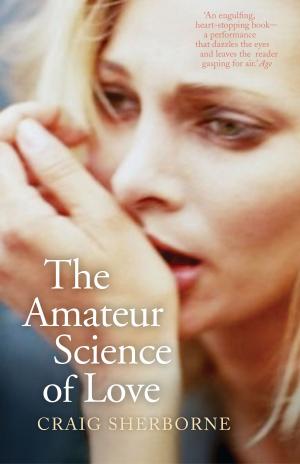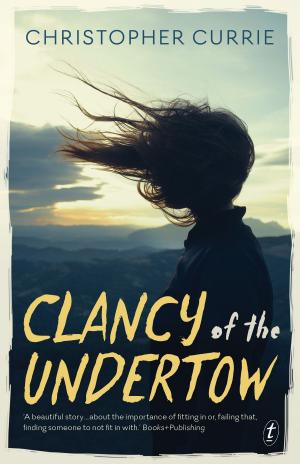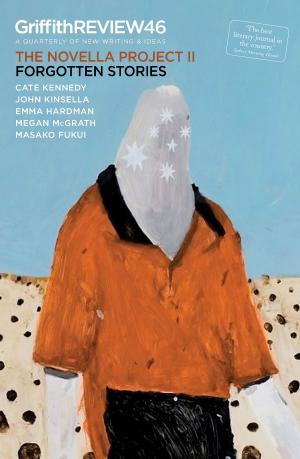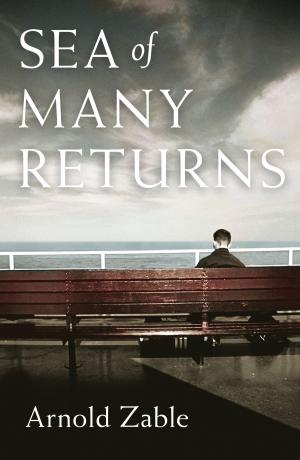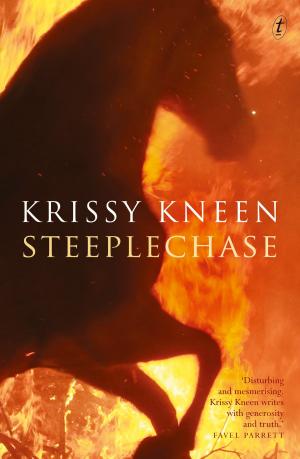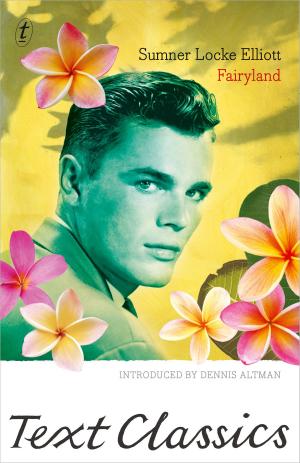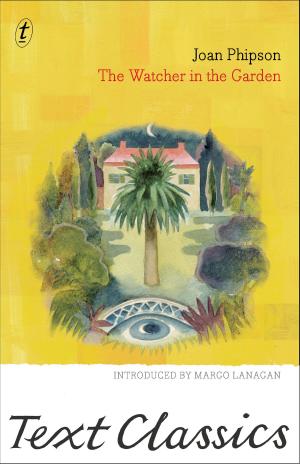| Author: | Mena Calthorpe | ISBN: | 9781925410112 |
| Publisher: | The Text Publishing Company | Publication: | August 29, 2016 |
| Imprint: | Text Publishing | Language: | English |
| Author: | Mena Calthorpe |
| ISBN: | 9781925410112 |
| Publisher: | The Text Publishing Company |
| Publication: | August 29, 2016 |
| Imprint: | Text Publishing |
| Language: | English |
Written with unerring skill and insight, The Dyehouse is a masterly portrait of postwar Australia, when industrial work was radically transformed by new technologies and society changed with it. Mena Calthorpe—who herself worked in a textile factory—takes us inside this world, vividly bringing to life the people of an inner-Sydney company in the mid-1950s: the bosses, middlemen and underlings; their dramatic struggles and their loves.
This powerful and affecting novel was first published in 1961, and is the hundredth book in the Text Classics series. The new edition comes with an introduction by Fiona McFarlane, acclaimed author of The Night Guest.
Mena Calthorpe was born in Goulburn, New South Wales, in 1905, and grew up there. After marrying, Calthorpe moved to Sydney and lived for most of her life in the Sutherland Shire. Working in office jobs and writing in her spare time, she was active in literary groups and in the Labor Party—for some years she was a member of the Communist Party, and she opposed B. A. Santamaria’s attempts to stop communism in trade unions. The Dyehouse (1961) was followed by The Defectors (1969), which dramatised unions’ internal power struggles. Mena Calthorpe’s third and final novel was The Plain of Ala, an Irish migrant story, which was published in 1989. She died in 1996.
‘[The Dyehouse] is executed with a singular combination of charm, grace and tough-mindedness.’ Meanjin
‘The Dyehouse is an extraordinary book—a true ensemble novel, written with astonishing control and animated by compassionate intelligence. With its indelible Sydney setting, it deserves—more than deserves—to take its place among the great Australian novels about work, and to be celebrated as the 100th Text Classic.’ Fiona McFarlane
‘A reminder of how rarely these days fiction tackles the world of work that so dominates our lives…Worth reading as much for its social history and its understanding of human nature as its rendering of the labour/capital clash.’ Australian
‘Vivid, fresh and utterly unsentimental...Re-reading The Dyehouse now I am struck by how technically accomplished it is, and how each of its many characters is made distinct and alive with extraordinary economy...Calthorpe's own experience of factory and office work provides The Dyehouse with many authentic touches (including much detail about the dyeing process) but that is not what generates this novel's compelling power. What is so remarkable is how it captures and presents a microcosmic world, in which the human elements are all parts of a moving whole.’ Sydney Morning Herald
‘The Dyehouse has themes that are as true today as they were at the time of writing…Beautifully written.’ Booksellers New Zealand
‘A masterly portrait of post-war Australia…vividly bringing to life the people of an inner-Sydney company in the mid-1950s.’ Womankind
‘The Dyehouse is the perfect novel for the Text Classics centenary. It’s a shining example of a book ‘we’ve never heard of’ that is very good reading indeed…I started reading The Dyehouse last night when I went to bed at 10 o’clock. I became so absorbed in it, that I didn’t turn the light out till four o’clock in the morning. That speaks for itself, I think!’ ANZ LitLovers
‘Fresh and lively…I really can’t recommend this book enough.’ Whispering Gums
‘[A] fascinating novel of women and work.’ *Australian Women’s Weekly *
Written with unerring skill and insight, The Dyehouse is a masterly portrait of postwar Australia, when industrial work was radically transformed by new technologies and society changed with it. Mena Calthorpe—who herself worked in a textile factory—takes us inside this world, vividly bringing to life the people of an inner-Sydney company in the mid-1950s: the bosses, middlemen and underlings; their dramatic struggles and their loves.
This powerful and affecting novel was first published in 1961, and is the hundredth book in the Text Classics series. The new edition comes with an introduction by Fiona McFarlane, acclaimed author of The Night Guest.
Mena Calthorpe was born in Goulburn, New South Wales, in 1905, and grew up there. After marrying, Calthorpe moved to Sydney and lived for most of her life in the Sutherland Shire. Working in office jobs and writing in her spare time, she was active in literary groups and in the Labor Party—for some years she was a member of the Communist Party, and she opposed B. A. Santamaria’s attempts to stop communism in trade unions. The Dyehouse (1961) was followed by The Defectors (1969), which dramatised unions’ internal power struggles. Mena Calthorpe’s third and final novel was The Plain of Ala, an Irish migrant story, which was published in 1989. She died in 1996.
‘[The Dyehouse] is executed with a singular combination of charm, grace and tough-mindedness.’ Meanjin
‘The Dyehouse is an extraordinary book—a true ensemble novel, written with astonishing control and animated by compassionate intelligence. With its indelible Sydney setting, it deserves—more than deserves—to take its place among the great Australian novels about work, and to be celebrated as the 100th Text Classic.’ Fiona McFarlane
‘A reminder of how rarely these days fiction tackles the world of work that so dominates our lives…Worth reading as much for its social history and its understanding of human nature as its rendering of the labour/capital clash.’ Australian
‘Vivid, fresh and utterly unsentimental...Re-reading The Dyehouse now I am struck by how technically accomplished it is, and how each of its many characters is made distinct and alive with extraordinary economy...Calthorpe's own experience of factory and office work provides The Dyehouse with many authentic touches (including much detail about the dyeing process) but that is not what generates this novel's compelling power. What is so remarkable is how it captures and presents a microcosmic world, in which the human elements are all parts of a moving whole.’ Sydney Morning Herald
‘The Dyehouse has themes that are as true today as they were at the time of writing…Beautifully written.’ Booksellers New Zealand
‘A masterly portrait of post-war Australia…vividly bringing to life the people of an inner-Sydney company in the mid-1950s.’ Womankind
‘The Dyehouse is the perfect novel for the Text Classics centenary. It’s a shining example of a book ‘we’ve never heard of’ that is very good reading indeed…I started reading The Dyehouse last night when I went to bed at 10 o’clock. I became so absorbed in it, that I didn’t turn the light out till four o’clock in the morning. That speaks for itself, I think!’ ANZ LitLovers
‘Fresh and lively…I really can’t recommend this book enough.’ Whispering Gums
‘[A] fascinating novel of women and work.’ *Australian Women’s Weekly *
